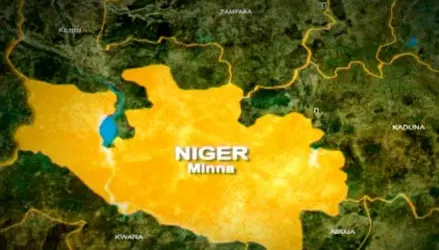Ports & Terminal Multipurpose Limited has announced a 36% rise in tariff on imported vehicles, effective July 1, months after the Maritime Workers Union of Nigeria demanded that terminal rates be revised upwardly.
The Punch reported that the terminal stated in a public notice that it had gotten approval from the appropriate authorities for the fee increase on Tuesday due to the fact that the current economic conditions of increasing inflation, currency devaluation, and subsidy elimination had increased its operations costs.
The notice stated in part, “PTML would like to bring to the attention of its esteemed customers that the current economic conditions of surging inflation, coupled with currency devaluation and removal of fuel subsidy, have caused operational costs to increase multi-fold.”
Recall that MWUN stated in a statement a few months ago that it supports a raise in terminal operator tariffs so that terminals can perform their promises to dockworkers who are union members.
“As a result, having received approval from the appropriate authorities, it has become necessary to restructure our terminal tariffs effective July 1, 2023.” PTML is convinced that its valued clients will appreciate the rationale behind this evaluation, which will help us maintain our outstanding level of service while keeping its charges competitive.”
The duty on SUVs was formerly N113, 000, but it has now been raised to N139, 420, while the price on non-working SUVs has been increased to N153,395 according to reports.
The terminal tax on a saloon car, which was N92, 000, has been increased to N112, 115, while SUVs that are not working have been modified up to N121, 575.
In response to this development, the Acting National President of the Association of Nigerian Licenced Customs Agents, Mr. Kayode Farinto, stated that the agents would have to educate importers on how to adjust to the new tax.
“Everything is changing, withdrawing services is not an option. The government has stopped providing subsidies, fuel is currently N500 a litre, and the Naira is volatile.”








